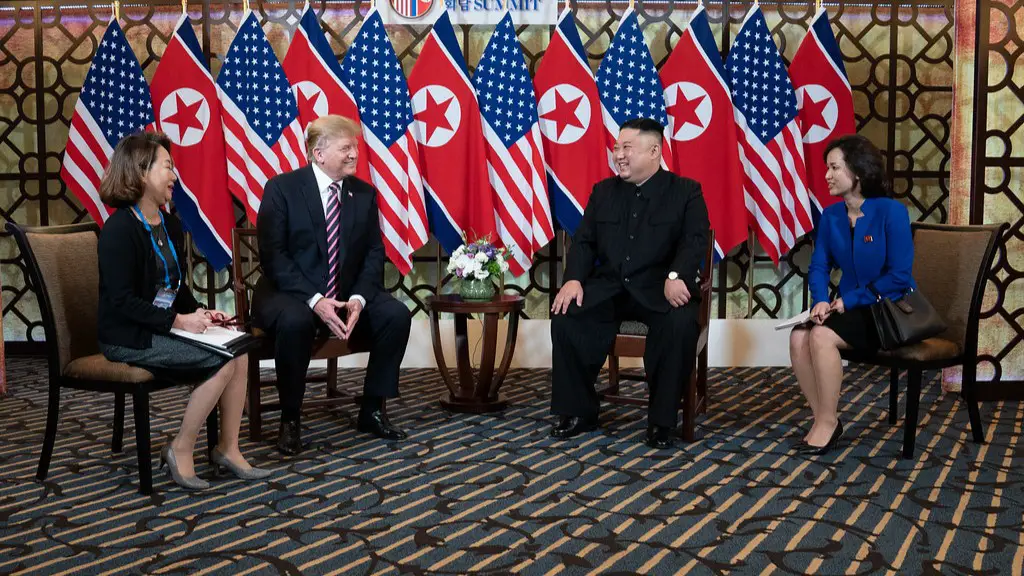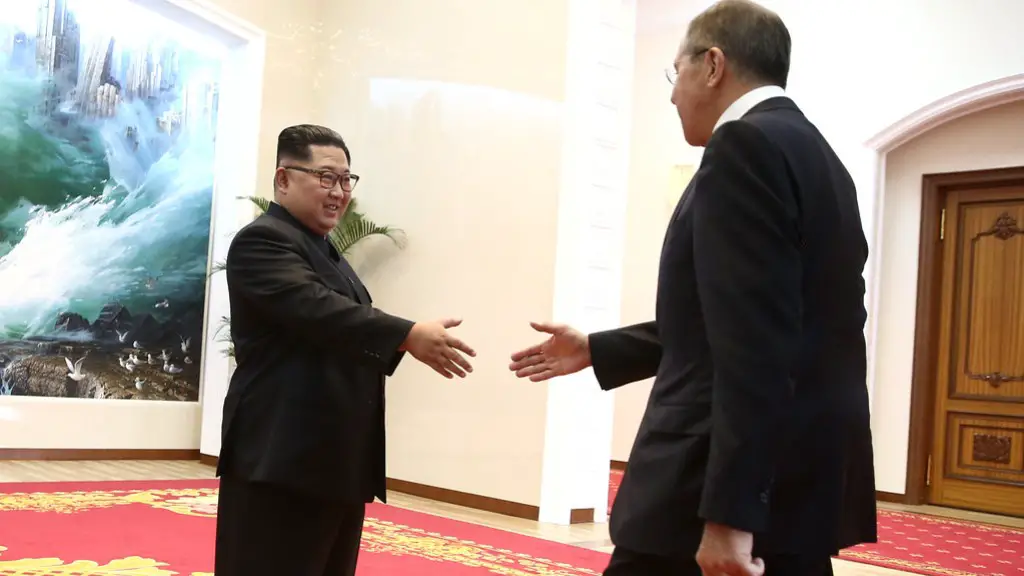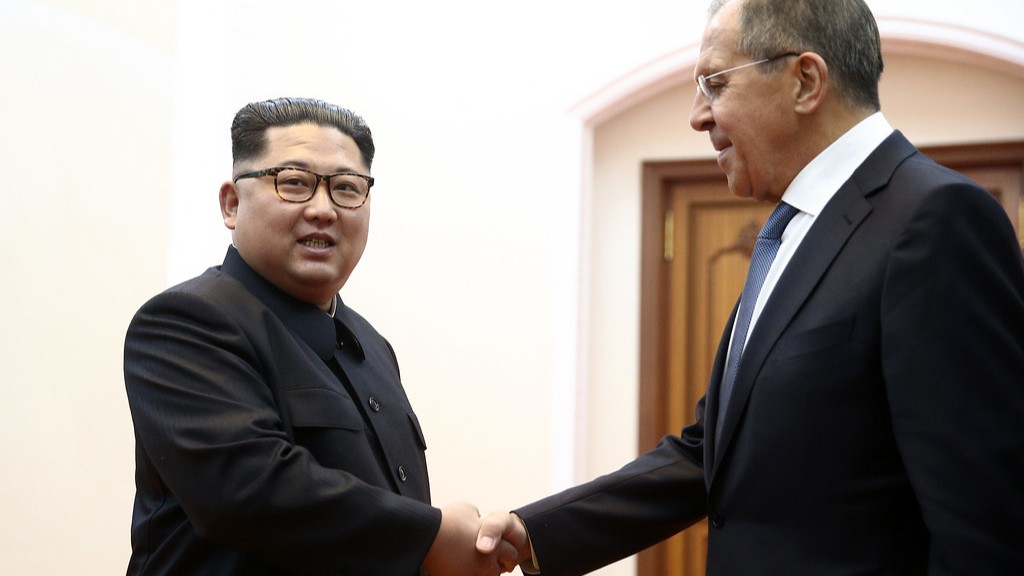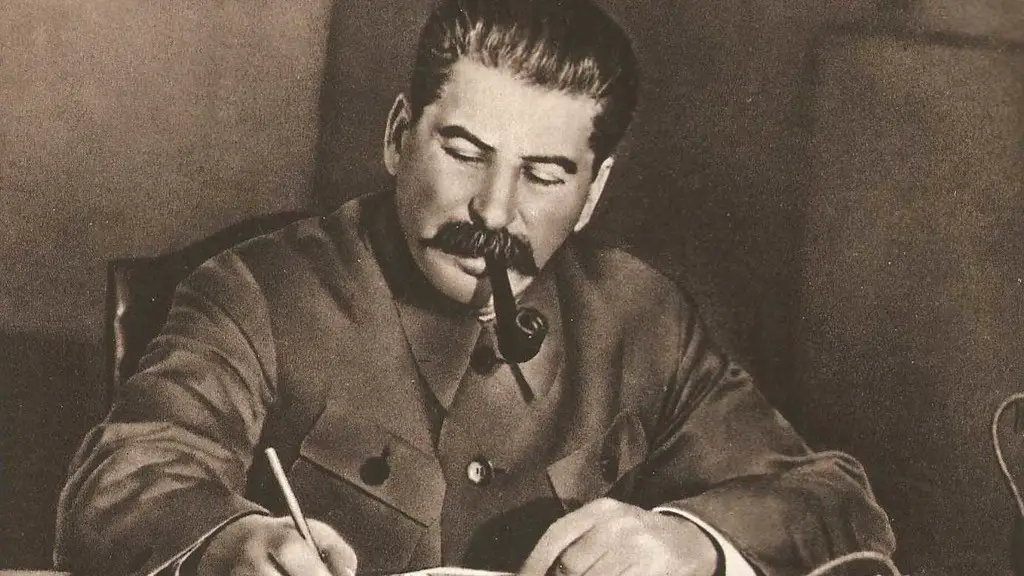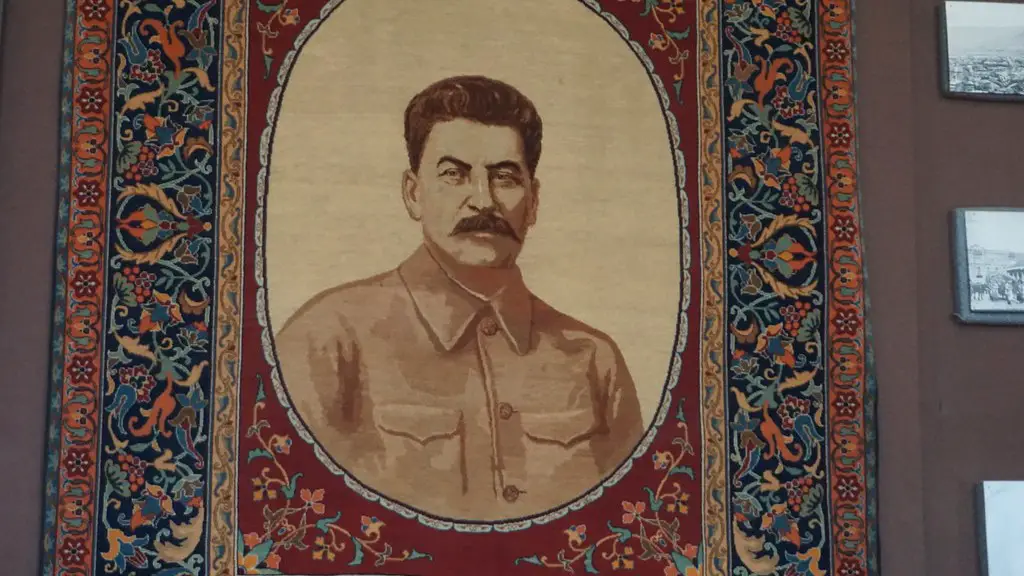Kim Jong Un is the current supreme leader of North Korea, a position he has held since 2011. He is the son of Kim Jong Il, who was the supreme leader from 1994 until his death in 2011, and the grandson of Kim Il Sung, who was the founder and first supreme leader of North Korea.
Kim Jong-un took power in December 2011, after the death of his father, Kim Jong-il.
How did the Kims come to power?
The Korean Peninsula was divided into North and South Korea after the Japanese surrender in World War II in 1945. Kim Il-Sung came to lead the Provisional People’s Committee for North Korea (a Soviet-backed provisional government), becoming the first premier of its new government, the “Democratic People’s Republic of Korea” (commonly known as North Korea), in 1948. Tensions between the two new Korean states escalated into the Korean War in 1950, with the United States and United Nations backing South Korea and China backing North Korea. The war ended in a stalemate in 1953, and the peninsula has been divided ever since.
The UN’s declaration of the Republic of Korea as the “only lawful government in Korea” was a major step in the international recognition of the new state. North Korea, on the other hand, became a fully-fledged Communist state by 1949. This marked a major divide between the two Koreas, which would eventually lead to the Korean War.
Why is North Korea a dictatorship
The North Korean political system is built on the principle of centralization. The constitution defines North Korea as “a dictatorship of people’s democracy” under the leadership of the Workers’ Party of Korea (WPK), which is given legal supremacy over other political parties. The WPK controls all aspects of the government and society, and the government is subordinate to the party. The North Korean regime is one of the most rigid and repressive in the world, and the country is closed off from the rest of the world.
The Korean Communist Movement, 1918–1948 refers to the political and military activities of the Communist Party of Korea (CPK) and related organizations in Korea from 1918 to 1948. The CPK was founded in 1925, and quickly became a powerful force in Korean politics and society. In the 1930s and 1940s, the CPK led a series of uprisings against the Japanese colonial government, which resulted in the death or imprisonment of thousands of CPK members. After World War II, the CPK emerged as one of the most powerful political parties in Korea, and played a major role in the country’s postwar politics. However, the CPK’s success was short-lived, and by 1948 the party had been crushed by the Korean War and the anti-communist campaign of the South Korean government.
Are North Koreans allowed to leave?
North Korean citizens usually cannot freely travel around the country, let alone travel abroad. Emigration and immigration are strictly controlled. This means that people are not able to move freely within the country or to other countries. This lack of freedom of movement can make it difficult for people to access essential services or to visit family and friends.
The government has complete control over all monetary exchanges, causing the economy to remain stagnant due to a lack of competition between businesses. Poverty in North Korea has also been attributed to poor governance by the totalitarian regime. The government’s complete control over the economy has stifled competition and innovation, leading to stagnation and poverty. North Korea’s poverty problem is compounded by the fact that the government does not provide adequate resources or support to its citizens.
How does North Korea control its citizens?
Significant human rights issues included: unlawful or arbitrary killings by the government; forced disappearances by the government; torture and cruel, inhuman, and degrading treatment and punishment by government authorities; harsh and life-threatening prison conditions, including in political prison camps; arbitrary arrest and detention, particularly of those who criticized the government; politically motivated trials and convictions; and restrictions on freedoms of expression, assembly, association, religion, and movement.
The government continued to commit arbitrary or unlawful killings. For example, in July security forces fatally shot five men in the port city of Bissau who were trying to cross the border into Senegal. There were credible reports that security forces killed at least 12 demonstrators in different cities between April and June.
Forced disappearances by the government continued. For example, in July security forces abducted Mamadu Balde, a close associate of political opposition leader Domingos Simoes Pereira, and took him to an unknown location. There were credible reports that security forces abducted and held incommunicado large numbers of persons, including minors, in connection with antigovernment protests or for their real or suspected political opinions.
Torture and cruel, inhuman, and degrading treatment and punishment by government authorities, including security
The Department of State travel advisory for North Korea currently stands at a “do not travel” level due to the continuing serious risk of arrest and long-term detention of US nationals. The advisory also cites the critical threat of wrongful detention as a reason for increased caution.
What things are illegal in North Korea
North Korea is a very strict country when it comes to what you can bring into the country. It is illegal to bring in religious, pornographic or political items. You must declare all published material and electronic devices when you arrive. It is also illegal to knowingly or unknowingly possess items that breach North Korean law.
If the defectors are caught in China, they are repatriated back to North Korea, where rights groups say they often face harsh interrogations and years of punishment, or even death, in kwalliso prison camps (such as the Pukch’ang camp), or in kyohwaso reeducation camps (such as the Chungsan camp or Chongo-ri camp).
What states are communist?
Today, the existing communist states in the world are in China, Cuba, Laos, Vietnam, and North Korea (DPRK). All of these countries have a history of struggle against imperialism and capitalism, and continue to face challenges as they move forward with their socialist revolutions. In China, the Communist Party has been in power since 1949, and has undergone a series of reforms in recent years that have allowed for more economic development and individual rights. In Cuba, the Communist Party has been in power since 1959, and has made great strides in areas such as education and healthcare. Laos and Vietnam are both working to build their economies and improve the lives of their citizens, while North Korea (DPRK) remains isolated from much of the world.
The Democratic People’s Republic of Korea is an authoritarian state led by the Kim family. The family has been in power for 70 years and controls all aspects of the government. North Korea is one of the most isolated countries in the world, and its people are living in poverty. The country is also believed to be developing nuclear weapons.
Is Korea a part of NATO
South Korea is not a formal member of NATO, but the country has strong ties to the alliance and recently opened a diplomatic mission at NATO headquarters in Brussels. South Korea’s proximity to North Korea and its involvement in the global economy make it an important partner for NATO, and the alliance is working closely with Seoul to promote regional stability and security.
The North Korean telephone system is adequate, with 118 million fixed lines available in 2008. However, most phones are installed for senior government officials. Someone wanting a phone installed must fill out a form indicating their rank, why they want a phone, and how they will pay for it.
Why does North Korea have no Internet?
North Korea is one of the most isolated countries in the world and its citizens have very limited access to the Internet. Nearly all of North Korea’s Internet traffic is routed through China, which means that the Chinese government has a great deal of control over what North Koreans can and cannot see online. In February 2013, foreigners were given the opportunity to access the Internet using the 3G telecommunications network provided by Koryolink. However, permission to access the Internet remains tightly restricted and most North Koreans still do not have any way to get online.
Starting September 1, 2021, US citizens traveling to Korea must have a valid visa or an approved Korea Electronic Travel Authorization (K-ETA) to enter Korea. US citizens who do not have a valid visa or K-ETA will not be able to enter Korea.
Warp Up
Kim Jong Un took power on December 17, 2011, after the death of his father, Kim Jong Il.
Kim Jong Un took power in North Korea following the death of his father, Kim Jong Il, in 2011. He is the third generation of the Kim family to rule North Korea. Kim Jong Un has continued his father’s policies of ruling with an iron fist and maintaining a tight grip on the country. He has been accused of human rights abuses and is widely considered to be a dictator.
